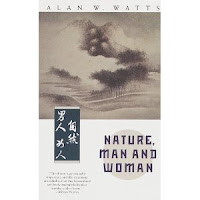
Now, with Out of Your Mind: Essential Listening from the Alan Watts Audio Archives, you are invited to immerse yourself in 12 of this legendary thinker's pinnacle teaching sessions about how to break through the limits of the rational mind and begin expanding your awareness and appreciation for the Great Game unfolding all around us.
Out of Your Mind brings you six complete seminars carefully selected from hundreds of recordings by Alan Watts' son and archivist, Mark Watts, that capture the true scope of this brilliant teacher in action. On these superb, digitally restored recordings, you will delve into Alan Watts' favorite pathways out of the trap of conventional awareness, including:
The art of the controlled accident: what happens when you stop taking your life so seriously and start enjoying it with complete sincerity.
How we come to believe the myth of myself that we are skin-encapsulated egos separate from the world around us and how to transcend that illusion.
Why we must fully embrace chaos and the void to find our deepest purpose.
Unconventional and refreshing insights into the deeper principles of Buddhism, Hinduism, and Western philosophy, plus much, much more.
How we come to believe the myth of myself that we are skin-encapsulated egos separate from the world around us and how to transcend that illusion.
Why we must fully embrace chaos and the void to find our deepest purpose.
Unconventional and refreshing insights into the deeper principles of Buddhism, Hinduism, and Western philosophy, plus much, much more.











